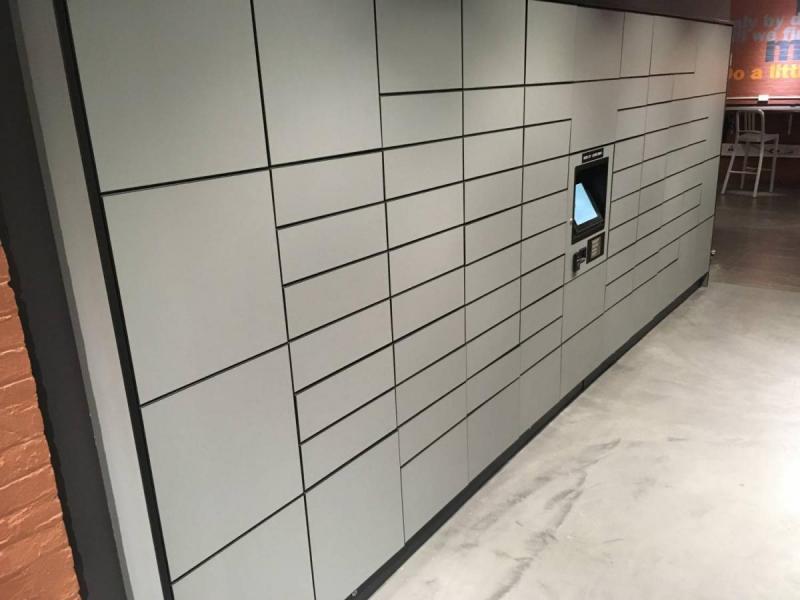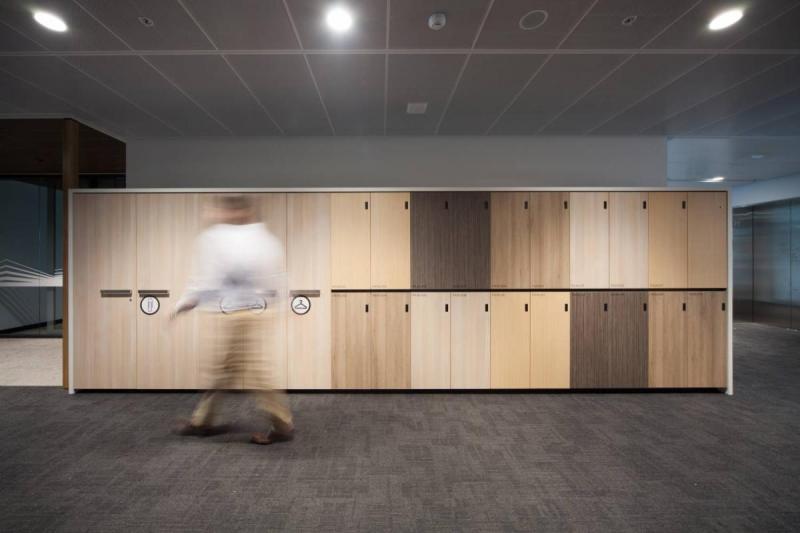BCFA Member goSMART have put together an article on why secure storage is a key part of student life.
Across the world, a staggering 180 million students enrol on a higher education each year (source: UNESCO). In the UK, the figure is approaching 2.5 million and in the US it’s close to 20 million.
That’s a huge amount of people carrying around stacks of books and, more than likely, other heavy equipment such as laptops. It doesn’t even take into account primary, secondary and further education pupils.
But of the tens of thousands of education establishments that welcome these droves of students every year, how many have secure spaces where they can stow cumbersome items - and do so securely?
Students are beginning to demand such facilities. They aren’t keen to be dashing around campus lugging heavy text books, mobile devices and other paraphernalia all day. Nor are they happy to leave expensive items unattended.
There’s an additional element to modern college life. With the rise of e-commerce and proliferation of delivery services, students who live away from home need to ensure that packages they aren’t always around to receive in person can be left somewhere secure for them to retrieve later. And that shouldn’t mean clogging up the campus, staff or mail room with parcels.

Traditional package containers can no longer cope as volumes increase exponentially from year to year. Space is at a premium on campus and it’s an increasing problem. Each square metre is examined for usage and cost effectiveness.
The global student population has been growing steadily for years, so colleges must juggle the sheer volume of people with storage facilities now and in the future.
Fortunately, advances in technology are providing better alternatives. As the education landscape evolves, designers are beginning to embrace flexible storage with smart features.
These types of adaptations ensure a flexible approach to providing the storage that students and facilities managers crave. What’s more, they are increasingly available at reasonable prices.

Some of the common features and benefits of these smart lockers include:
• Convenience: Electronic, easy-to-use locking systems that make it quick and convenient for students and staff alike to manage personal effects and packages
• Peace of mind: Convenient and secure areas for students to offload their equipment enabling them to move around campus more freely
• Theft reduction: It stands to reason that secure lockers on campus and in accommodation blocks will make it harder to steal equipment
• Efficiency: 24/7 access, and eradication of the need for multiple people to handle and safeguard a package before it is eventually collected - potentially increasing productivity
• Space saving: Significantly reduced requirement for shelving space, automatically making corridors become less cluttered and more spacious thoroughfares
• Bespoke: Customisable dimensions, touchscreens and other features to suit students and staff with a disability
In many countries, national law enshrines the rights of disabled students. In the US this includes the right to expect suitably designed education facilities, from accommodation and classrooms to on-campus storage, allowing them to take part in lessons and activities.
The new options outlined above are helping universities to make adaptations and modifications that enable students with a disability. For example, smart package lockers allow blind or partially sighted students to use a Braille keypad and listen to audio instructions via a headphone plug-in facility.
Crucially, providers of these tech-based solutions are committed to delivery of bespoke systems that suit the specific requirements of an individual establishment, as well as individual students.
All of this means that schools, colleges and universities can install simple - but smart and secure - parcel lockers and IT asset management facilities in a space-saving and cost-effective fashion.
Students, meanwhile, can get on with their most important task - learning - in the knowledge that their parcels, laptops and other equipment will remain in safe hands until they find time to pick them up.